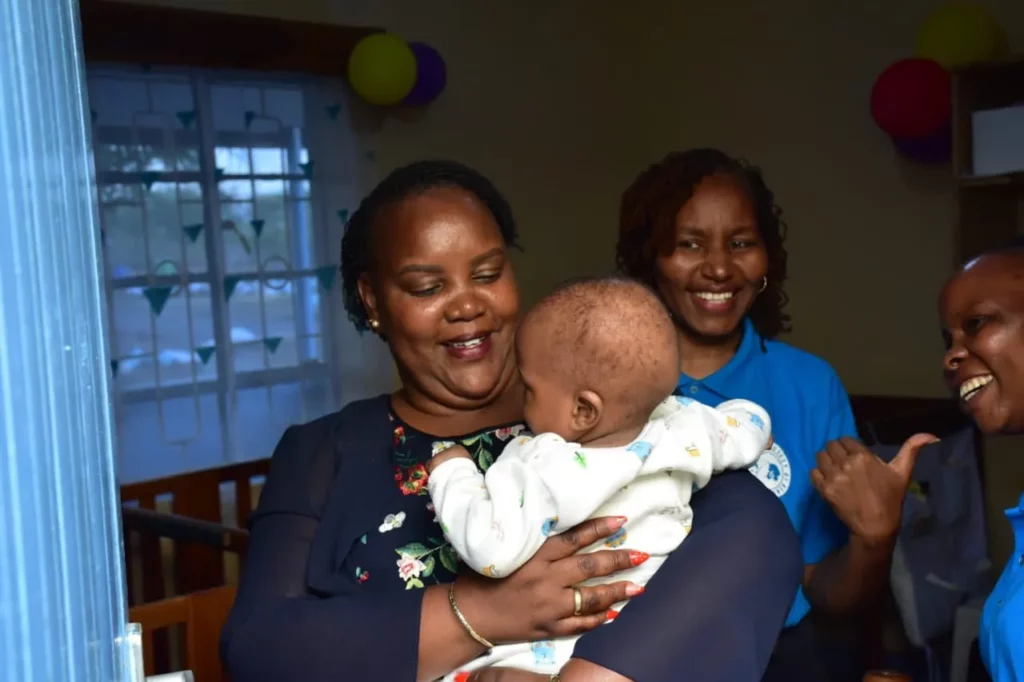The Ministry of Labour and Social Protection in Kenya has declared its intention to close all children’s homes in the country.
This move is part of the ‘Deinstitutionalisation of Children’ program, as disclosed by Cabinet Secretary Florence Bore during her visit to the Child Welfare Society of Kenya.
The deinstitutionalization initiative is designed to overhaul the childcare system by gradually phasing out orphanages and children’s homes. The plan is to place vulnerable children in nurturing, family-like environments within foster homes identified by the government.
Cabinet Secretary Bore explained that this initiative aims to replace institutional support with warm, nurturing environments for at-risk children. Under this new program, homeless or rescued children will be transitioned into government-supported foster homes.
Bore emphasized that this approach has been successfully adopted in many countries worldwide, as evidence suggests that children thrive better in a home environment. She stated, “This process is being hailed because children can thrive best when raised in a home.”
In Isiolo , I met the Staff and Children at the Child Welfare Society of Kenya Temporary Place of Safety. The Government is working on the Deinstitutionalisation of Children.
Deinstitutionalisation of Children is the process of reforming child care systems and closing down of… pic.twitter.com/3CLNVI1V0Z
— Hon. Florence Bore (@WaziriBore) September 30, 2023
The government first announced its plan to phase out children’s homes and orphanages in November 2022. The objective is to reunite children with their families and place them under community-based care.
This transition is expected to take place gradually over a decade, as detailed in the Care Reform Strategy 2022 – 2032.
According to the strategy, approximately 45,000 children are currently living in over 845 privately run Charitable Children’s Institutions (CCIs), supervised by the Directorate of Children Services (DCS).
Additionally, an estimated 1,000–1,200 children reside in 28 government-run institutions, including rehabilitation, remand, reception, and rescue centres.
The strategy acknowledges that a lack of comprehensive data on the number of institutions makes it difficult to fully understand the extent of institutionalization in Kenya. It identifies poverty, disability, displacement, and orphanhood (primarily due to HIV/AIDS) as major factors driving institutionalization in Kenya.
The strategy also highlights that studies show children under institutional care often suffer severe and sometimes irreversible developmental setbacks compared to those in family and community-based care.
It further reveals that with appropriate support, most of these children could be cared for by their biological or extended families.




